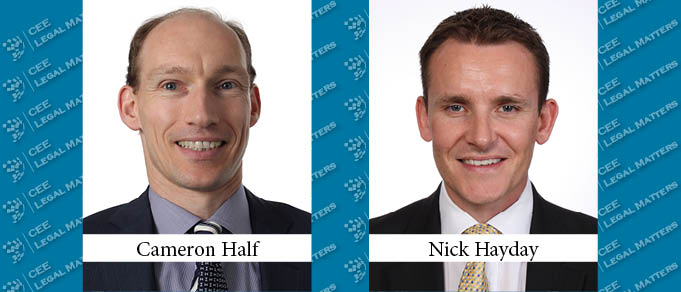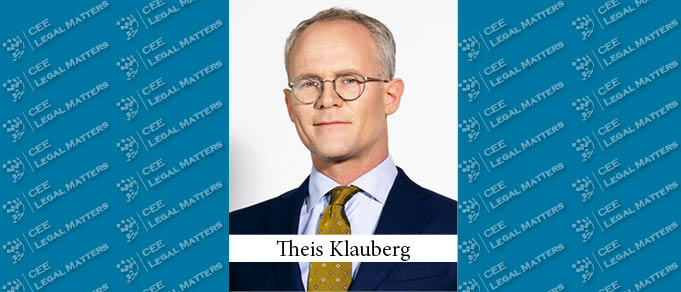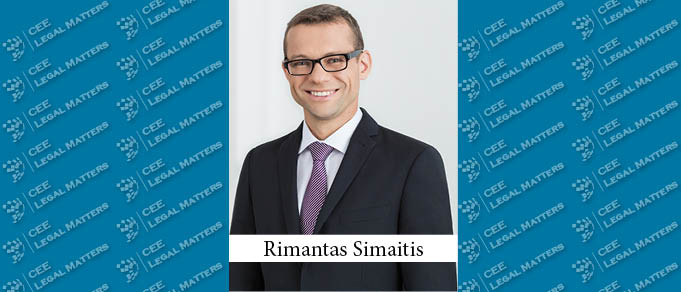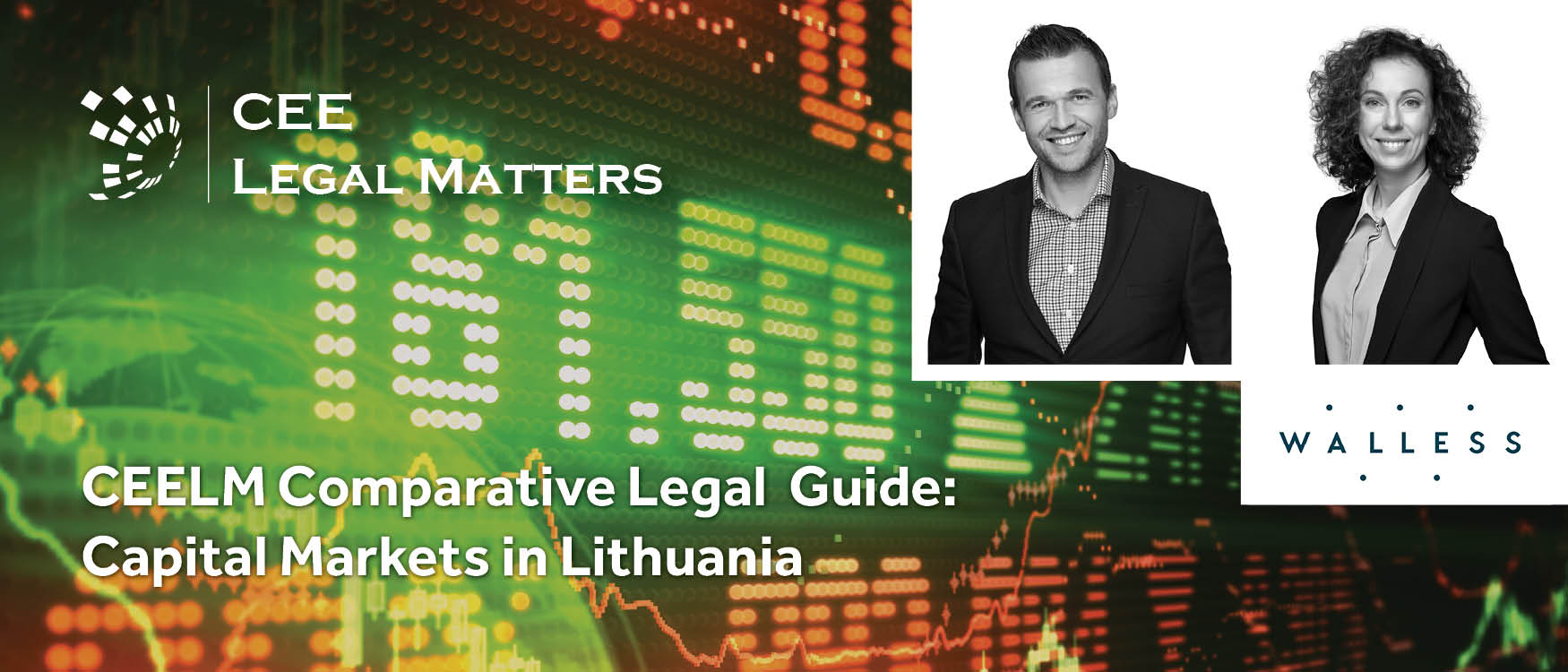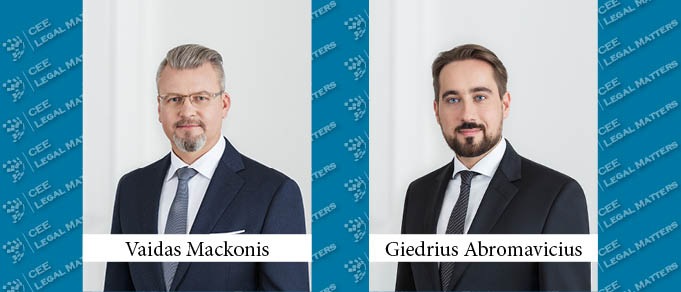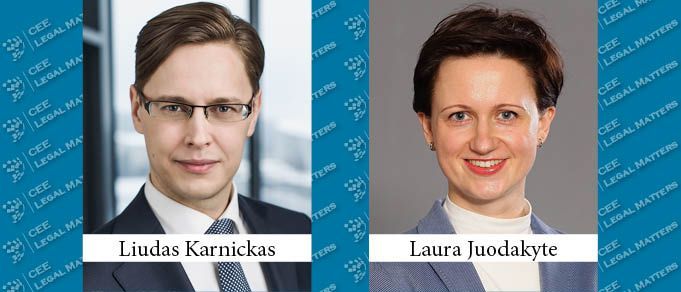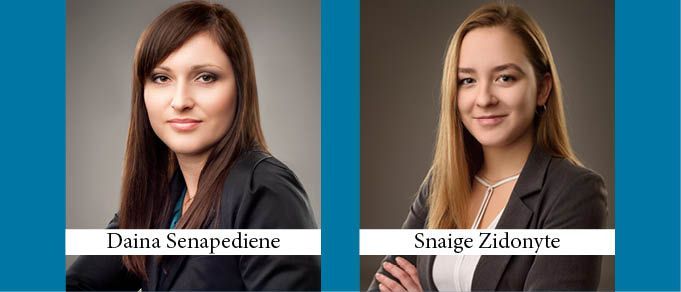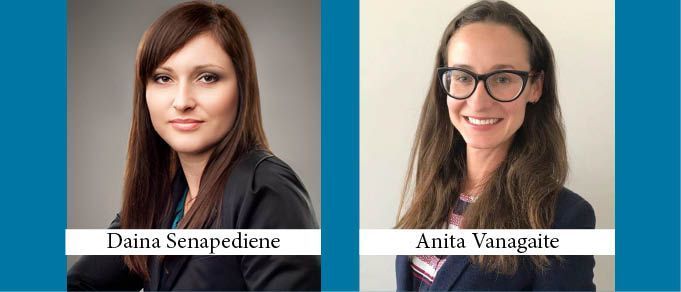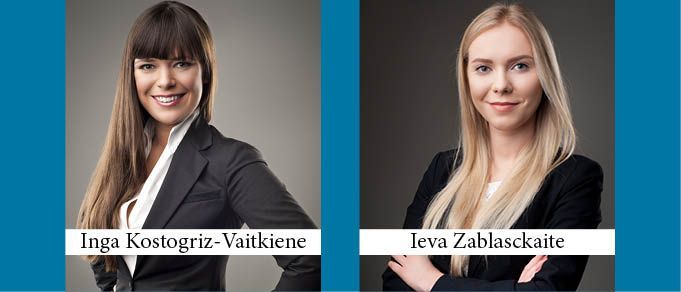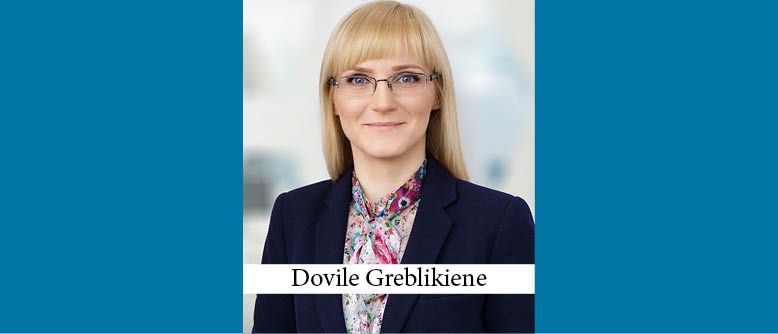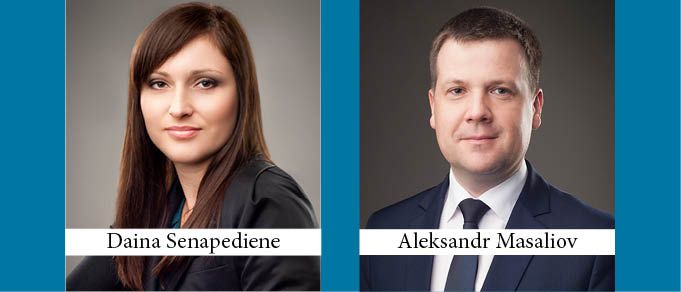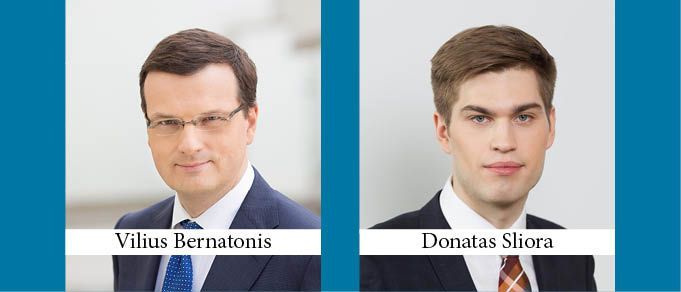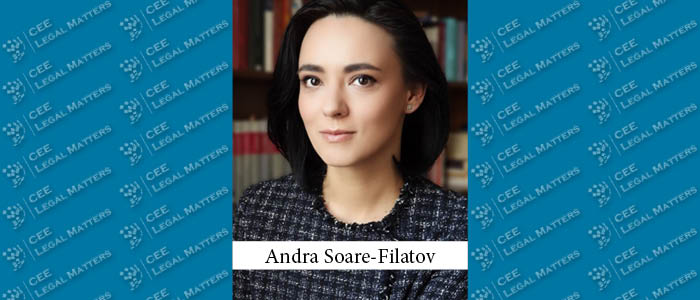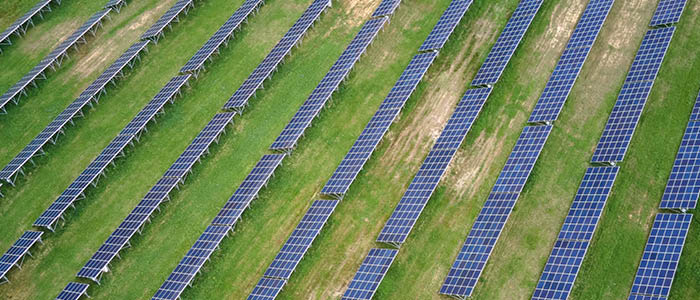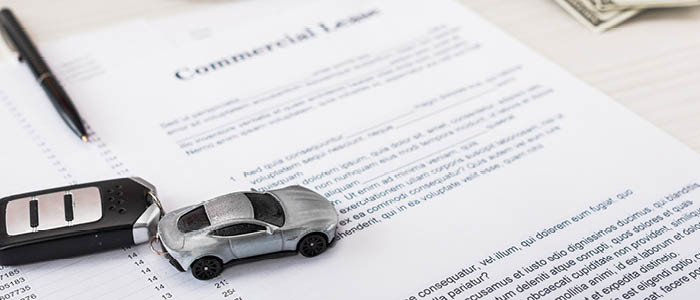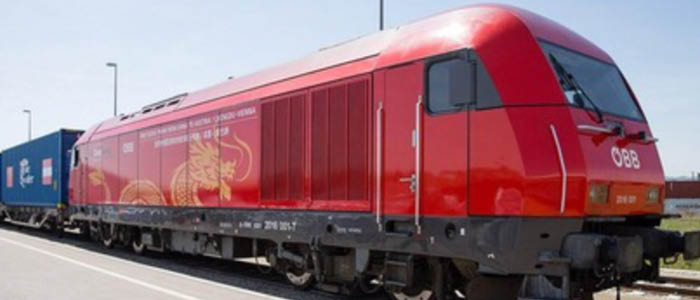On December 12, 2019, CEE Legal Matters reported that Dentons, Magnusson, and TGS Baltic had advised the Avia Solutions group – a Lithuanian aviation services group – on a five-year bond issuance with a total value of USD 300 million, an annual interest rate of 7.875%, and a maturity date of 2024. The bonds were issued in US dollars and distributed in the US and European markets. White & Case and Sorainen helped JP Morgan and BNP Paribas organize the issuance.
Expat on the Market: Theis Klauberg of Klauberg Baltics
Theis Klauberg took a circuitous route to managing his eponymous firm in the Baltics. He began his education in Germany, at the University of Hamburg, Heidelberg University, and Humboldt University of Berlin, before obtaining an LL.M. at the University of the Western Cape in South Africa, then concluding his formal education with an MBA at the Baltic Management Institute. His professional career has been no less diverse, as he has worked in Germany, Latvia, Lithuania, Estonia, Belarus, and Zimbabwe.
A New Wave of Mediation in Lithuania - What Does it Mean for Lawyers
In recent years, the government and courts of Lithuania have intensified their attempts to develop mediation. There are many reasons for this – promoting social peace, decreasing court caseloads, saving time and money for the end-users, and providing them with higher satisfaction among them.
Capital Markets in Lithuania
Contributed by Walles.
CEELM Covid-19 Comparative Legal Guide: Contracts in Lithuania
Contributed by Cobalt
Transport & Logistics Overview of Lithuania in 2019
We will start the overview of the transport and logistics sector in Lithuania by showing the key figures of carriage of goods performed by Lithuanian carriers. The amount of goods carried by all means of transport in Q1 and Q2 of 2019 was 35,025 billion tonne-kilometres – over 16% more than over the same period in 2018, when the amount was 30,175 billion tonne-kilometres.
Lithuania Lighted Up on the Map of FinTech World: What’s Next?
Amazingly, the Lithuanian FinTech ecosystem report of 2018 revealed that there were 170 FinTech companies based in Lithuania – reflecting 45 percent growth over the previous year – with some 2,600 employees working in FinTech companies, more than 700 of which were newly-employed in 2018. The numbers are still growing this year.
The Forgotten Privacy-by-Design Will Not Forget You
Although the General Data Protection Regulation 216/679 (the GDPR) has been in force for more than a year, the concept of data protection by design (Art. 25) is still largely underestimated and insufficiently implemented into software products and their development processes in Lithuania. Developers of data-rich technologies still disregard or misinterpret this duty despite its business benefits. This is especially true for new technological products which strive for steady and continuous increase in user numbers but lose their grip with user privacy on the way.
Lithuanian Tax Reform 2019: Focus on Anti-Avoidance Measures
In 2019, the Lithuanian tax system will see significant changes, designed to reform personal taxation laws and tackle the shadow economy. These amendments have already been approved by the Lithuanian Parliament and will become effective at the start of the year.
Tokenized Assets in Lithuania’s Legal Environment
In recent years, blockchain technology has offered the business world a variety of new and innovative ways to improve and grow. Starting with initial coin offerings, blockchain technology has found its way into the financial services industry and many other fields of business in Lithuania. The trend of “asset tokenization” has recently become popular among companies seeking to adopt innovative modern technologies and create novel ways to apply blockchain technology when doing business. However, as convenient and simple as it may seem, asset tokenization is an extremely complicated business model, challenging not only the traditional approaches to the sale and purchase of assets, but also raising questions about the relevance of applicable laws and regulations currently in effect.
Lease of State-Owned Land in Lithuania
Issues relating to the lease of state-owned land in Lithuania are regulated by the country’s Law on Land.
Now or Never: The Looming GDPR Deadline
The European Union’s General Data Protection Regulation is, according to the EU-hosted GDPR website, “the most important change in data privacy regulation in the past 20 years.” The Act, which was approved by the EU Parliament on April 14, 2016 and will become fully effective on May 25, 2018, was designed “to harmonize data privacy laws across Europe, to protect and empower all EU citizens’ data privacy, and to reshape the way organizations across the region approach data privacy.”
The New Concessions Law in Lithuania
The new Lithuanian Concessions Law came into force on January 1, 2018. With the new legislation, Lithuania has adopted European Parliament and Council Directive 2014/23/EU on the award of Concession Contracts, which establishes a balanced and flexible legal framework for the award of concessions and ensures effective and non-discriminatory access to the market for all economic operators. The new Lithuanian legislation aims to ensure transparency and fair competition in the development of infrastructure and the provision of services of general economic interest, as well as the attraction of national and EU-wide private investors to the public sector.
A Night of Celebration at CEE Deal of the Year Awards Banquet in Prague
The winners of the 2017 CEE Deal of the Year Awards were announced at the first ever CEE Legal Matters Deal of the Year Awards Banquet last night in Prague. The biggest smiles in the joyous and music-filled celebration of CEE lawyering, perhaps, were on the faces of Partners from Avellum and Sayenko Kharenko, which, along with White & Case and Latham & Watkins, won the award both for Ukrainian Deal of the Year and CEE Deal of the Year for their work on the 2017 Ukraine Eurobond Issue (a story initially reported by CEE Legal Matters on October 2, 2017).
The Promising Wind Power Generation Perspectives in Lithuania
The Lithuanian energy sector, like the European Union’s, faces the challenging task of finding an effective and competitive way to transition to clean energy while at the same time ensuring a secure energy supply. Energy efficiency, renewable energy, and prosumers are first priorities.
Liability of Company Directors Under Lithuanian Law
The Supreme Court of Lithuania has established a precedent that tightened rules on personal liability for directors of companies.
Lithuanian Tax Environment: Green Light for Investment
A favorable tax system is viewed as one of the most significant incentives for foreign investment in a given country. According to this year’s World Bank’s and PwC Paying Taxes study, Lithuania ranks 27th globally in terms of the ease of paying taxes. It is indeed a high standing, ahead of other CEE countries such as Romania, Poland, Slovakia, and Hungary. We dare say the ranking accurately reflects the efficient operation of Lithuania’s tax system.
Lithuania Continues its Fight Against Corruption and Money Laundering
Money laundering and corruption are closely related; therefore, they should be tackled systemically. Lithuania’s setting in these areas is rather ambiguous – it is ranked among the top performers when it comes to an anti-money laundering regime and its effectiveness, but it performs worse than EU average when it comes to the perception of corruption (Lithuania was ranked 38th in the Global Corruption Perceptions Index reported by Transparency International in 2016).

